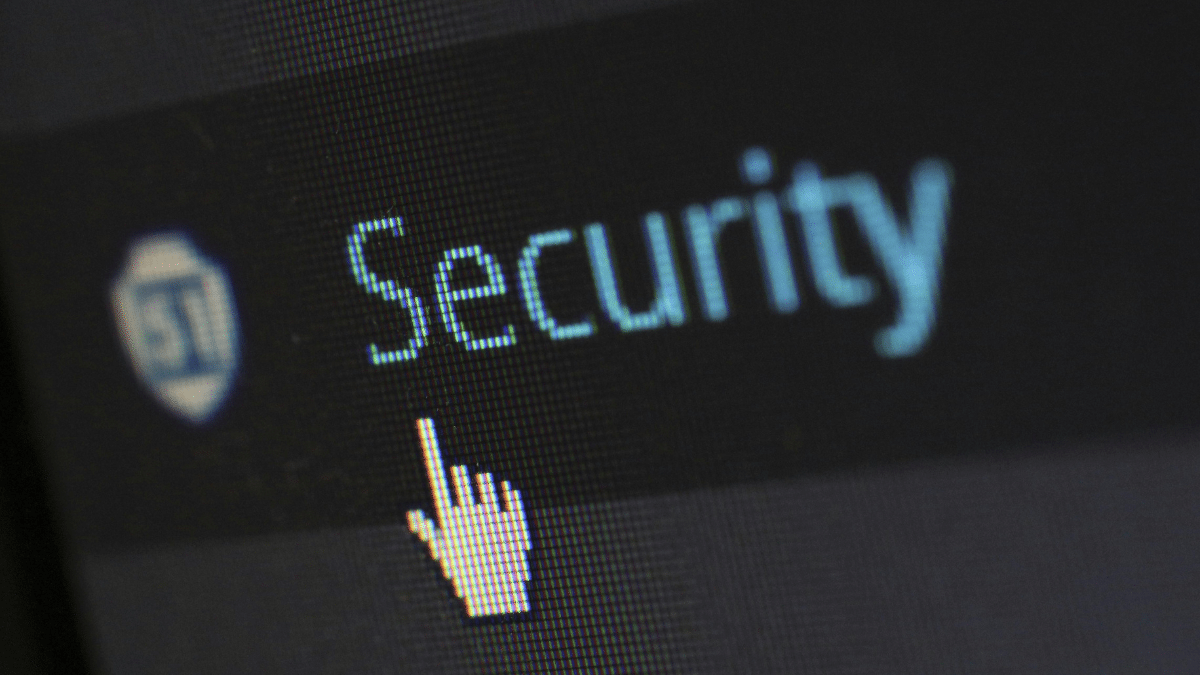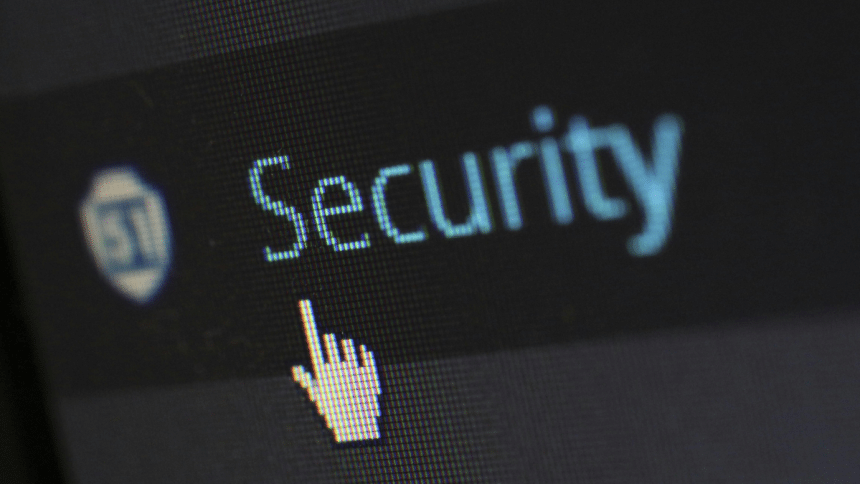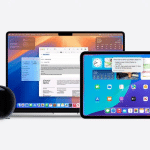The digital world connects us with friends, family, and vital services. You can bank online, shop from your sofa, and stay in touch with loved ones across the globe.
However, there are risks, just like in the physical world. The good news is that small, simple steps are often enough to maintain your online safety. Think of it like locking your door at night – small habits that make you feel much safer.

Password and Account Security
Choose long passwords that use a mix of uppercase and lowercase letters, numbers, and symbols. Don’t use words that people can easily guess, like your name or birthday. Create different passwords for each important account, like email and banking, so you stay safe if someone gets into one.
Password managers can create complex options and store them securely to do the job for you. Turning on two-factor authentication (2FA) adds extra security. Even if someone guesses your password, they will need a second piece of information to get in. This is usually a code sent to your phone and that can stop hackers.
Connecting to Secure Networks
Public Wi-Fi, like in a coffee shop, is almost always less safe than your internet at home. Snoopers may be able to see what you are doing on these networks and try to either steal your data or use it to try and scam you.
A UK VPN is a useful tool if you often use public Wi-Fi. It makes your internet activity private by creating a secure ‘tunnel’ for data to pass through and helps keep your information safe.
Make sure your home Wi-Fi has a strong password, too. Regularly updating the software on your internet router downloads important fixes that keep it secure.
How to Avoid Phishing and Scams
Scams may appear as emails, texts, or DMs on social media. They might try to scare you or ask for your bank details or passwords. Real companies, like your bank, will never ask for this information in this way.
Look closely at who sent the message and check if anything looks strange or wrong. Don’t click on any links or open any attached files in a suspicious message. Instead, check the situation by visiting the company’s official website or calling them. If something online seems too good to be true, it probably is.
Parental Controls and Child Safety
Most phones, tablets, and online services have child safety settings. These include controlling what your children see, setting time limits, and monitoring activity.
Talk to your children about staying safe online. Explain that they shouldn’t share personal information with people they don’t know. Reassure them they can always talk to you if they see something that worries them.
Quick Checks for Online Safety
- Make strong passwords that are different for each account.
- Turn on two-factor authentication whenever you can.
- Use a password manager to keep yours safe.
- Be careful with public Wi-Fi and use a VPN.
- Protect your home Wi-Fi with a strong password and update your router.
- Don’t trust messages that ask for personal information.
- Check if requests are real by contacting the company directly.
- Be careful of deals that seem too good to be true.
- Use parental controls on devices and online services.
- Talk to your children about staying safe online and the dangers they might face.
- Keep your software and apps updated so they have the latest security fixes.
- Think before you click on links or open files from people you don’t know.
These are the key behaviours that will help you navigate the internet safely. Practice them when you browse and they will become second nature quickly.












